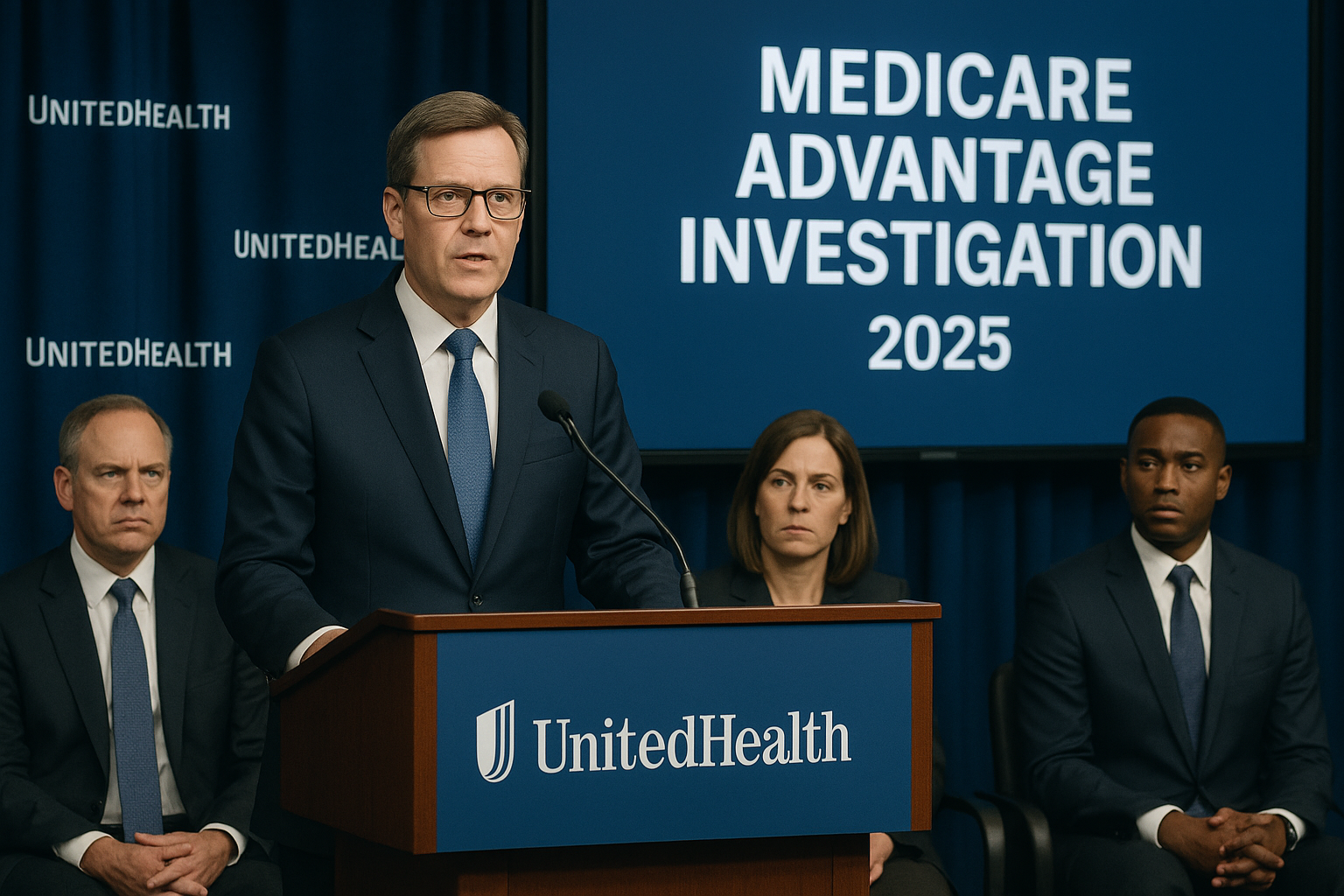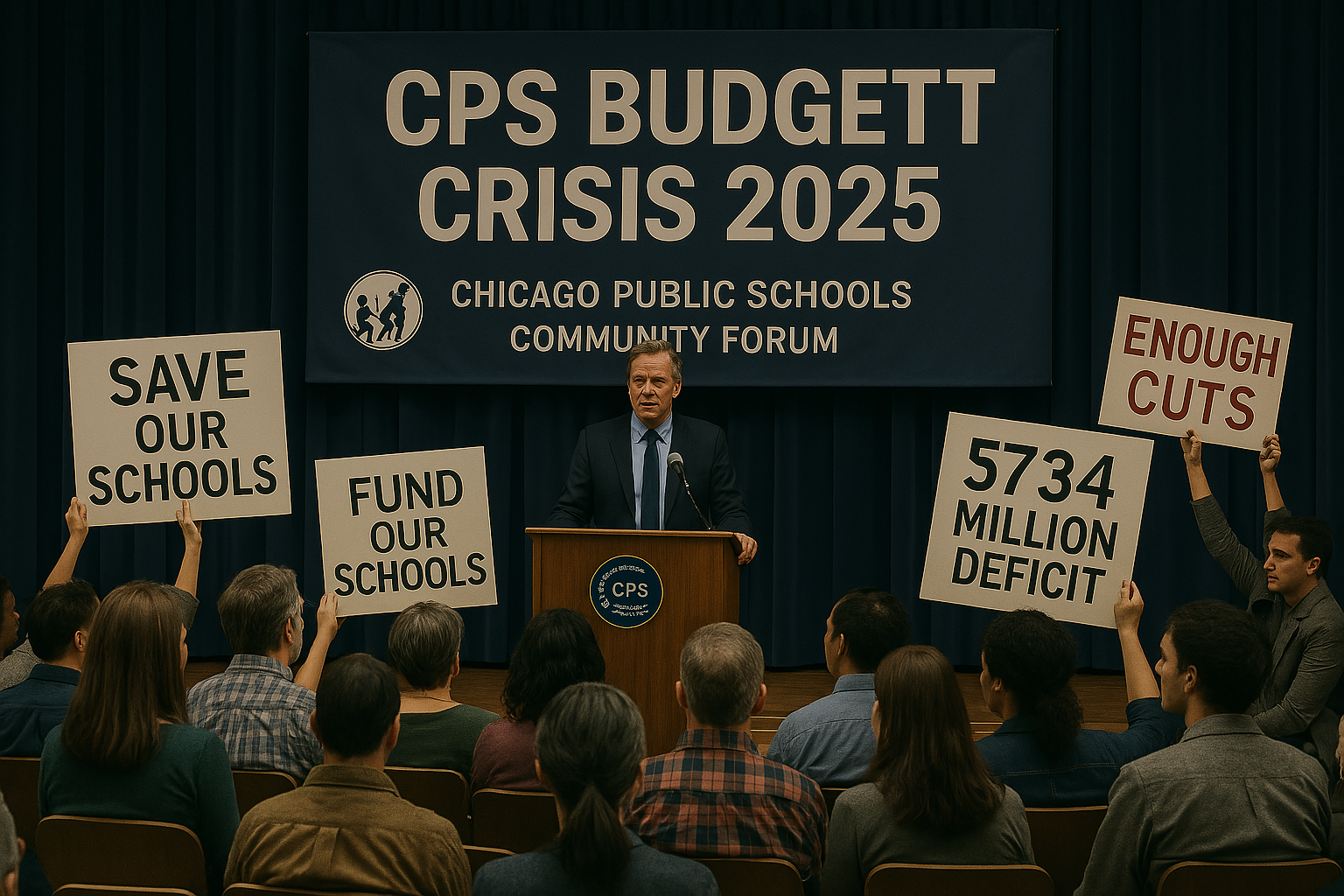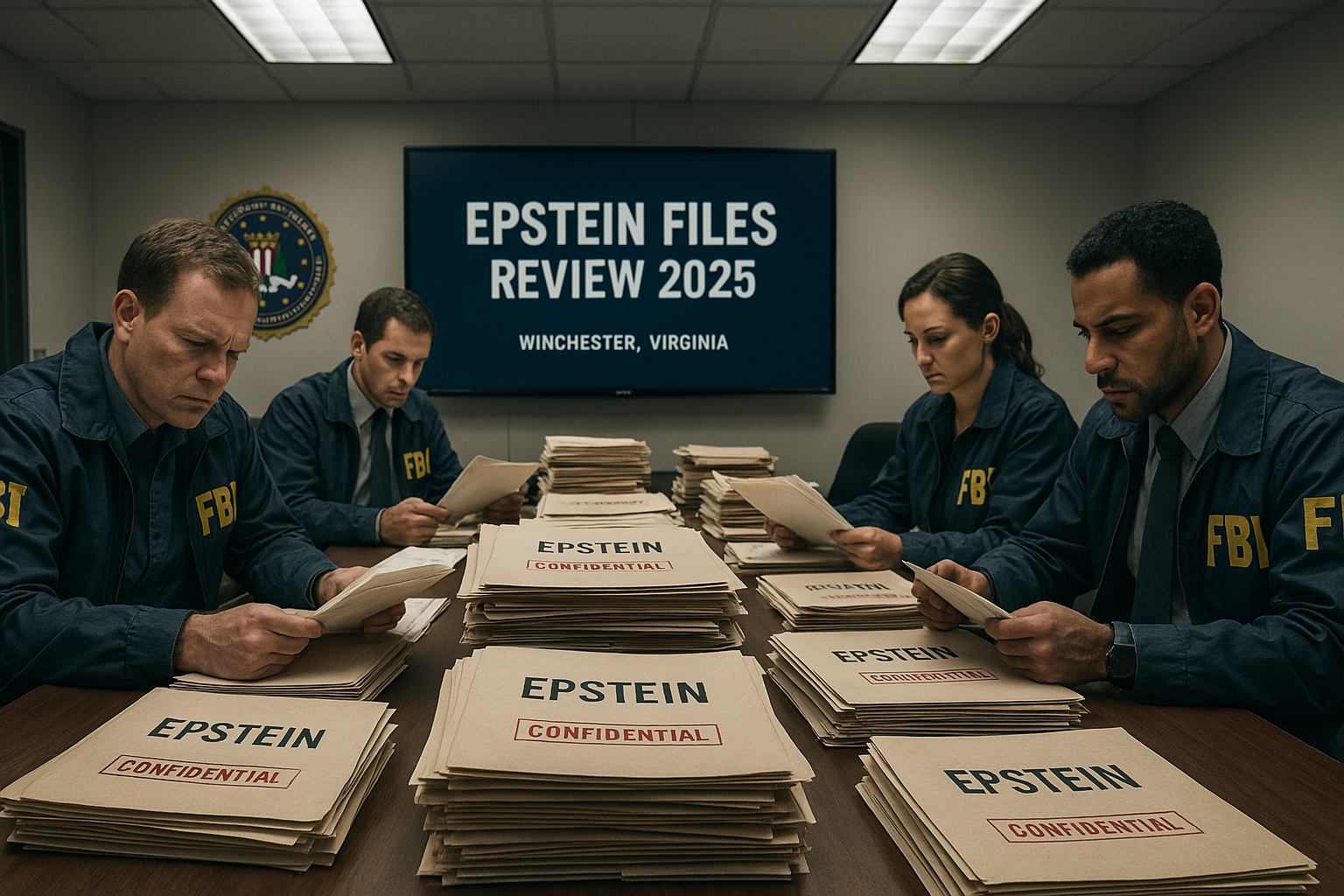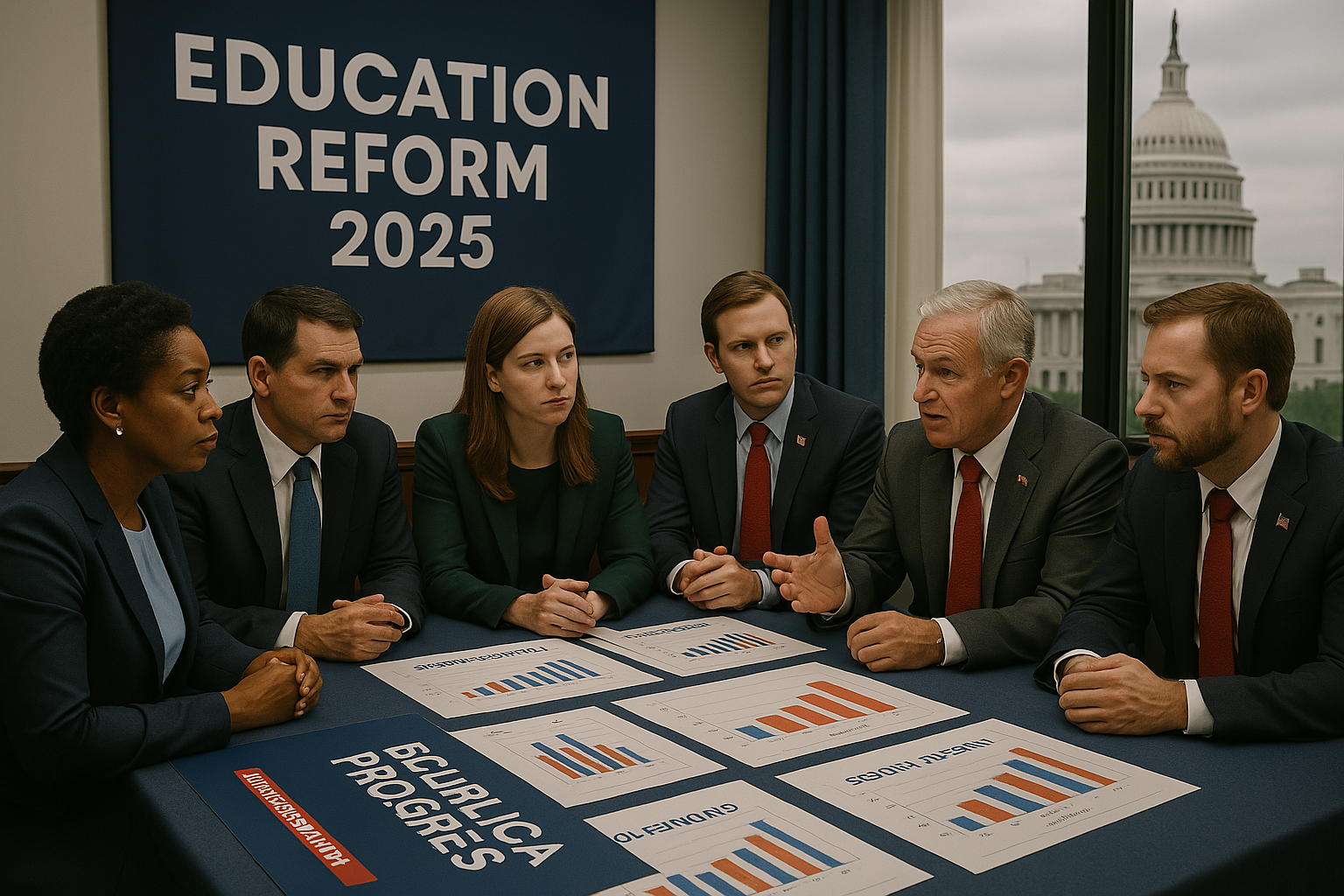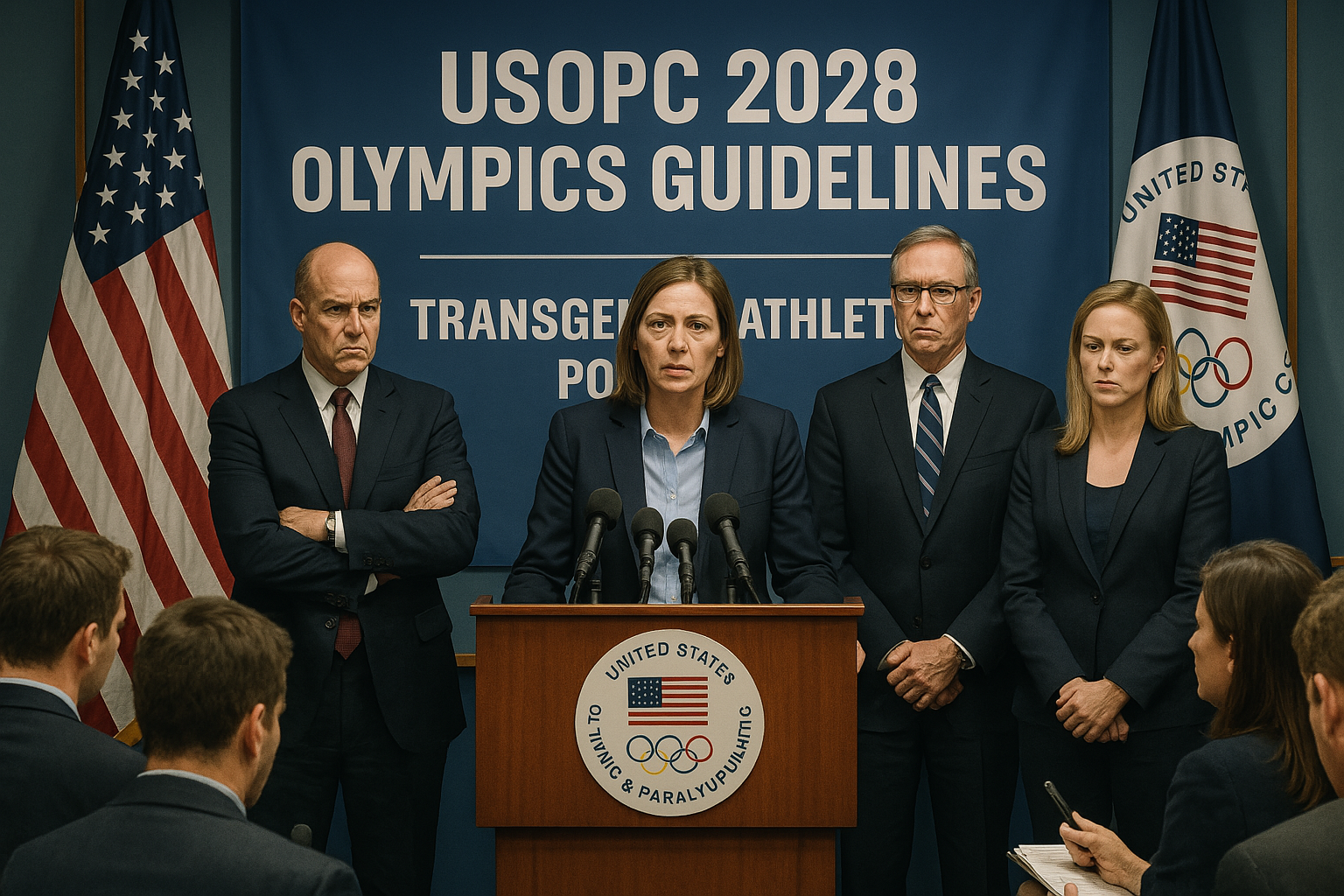Trump Briefed on His Name in Epstein Files: Political and Societal Fallout
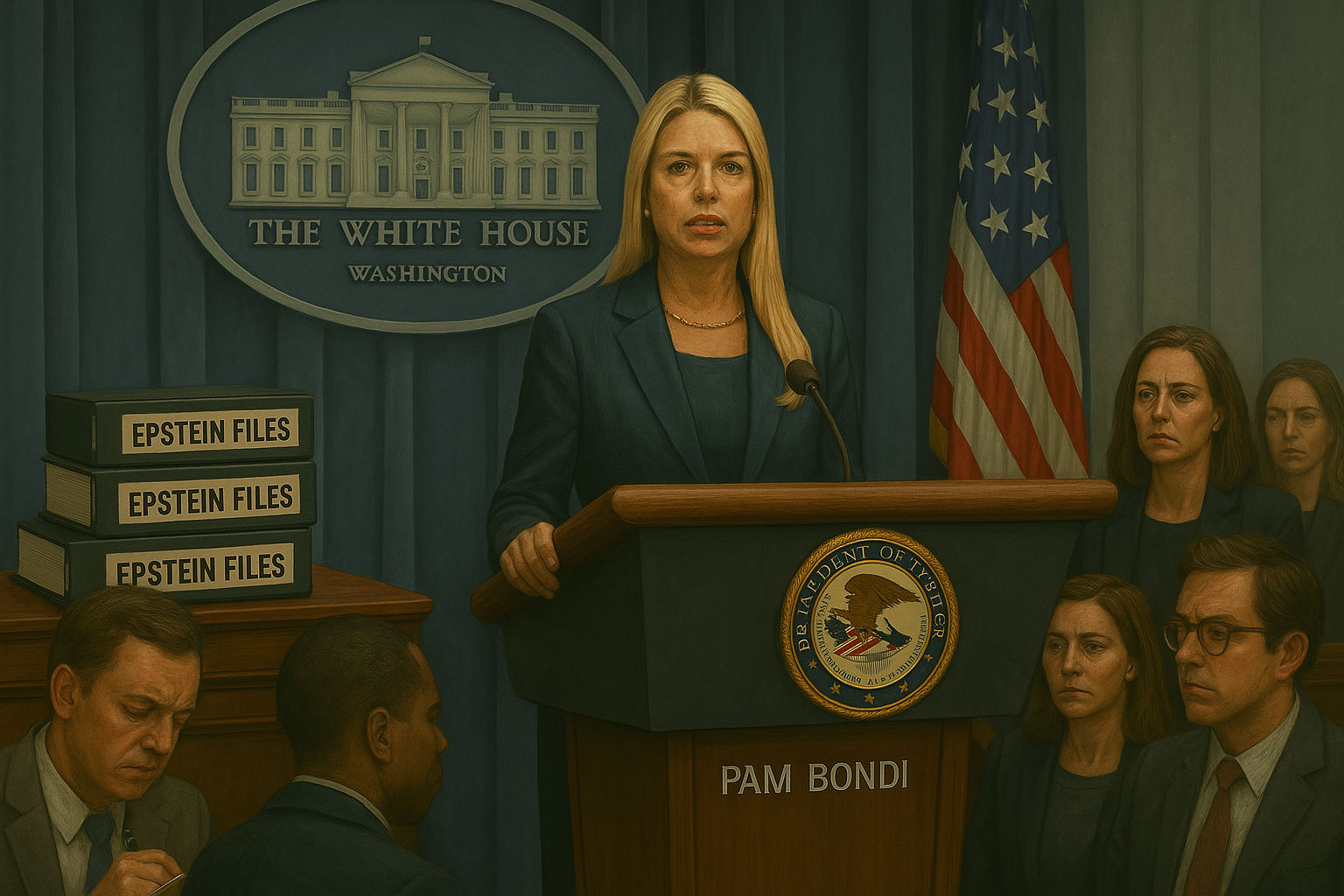
On July 23, 2025, The New York Times reported that Attorney General Pam Bondi informed President Donald Trump in May 2025 that his name appeared in previously unreleased documents related to the Jeffrey Epstein case. The disclosure, part of a broader Justice Department and FBI re-examination of Epstein’s files, has intensified scrutiny of Trump’s historical ties to the disgraced financier, who died in 2019 while awaiting trial on sex trafficking charges. The briefing, which also involved Deputy Attorney General Todd Blanche, has sparked political controversy and public backlash, particularly among Trump’s supporters, who are frustrated by the administration’s decision to withhold the remaining files. This article explores the details of the briefing, the context of Trump’s connection to Epstein, stakeholder reactions, and the broader societal implications of transparency in high-profile investigations.
Details of the Briefing
In May 2025, during a routine meeting at the White House, Attorney General Pam Bondi and Deputy Attorney General Todd Blanche briefed President Trump on the ongoing re-examination of Epstein’s case files. The review, conducted by the FBI and Justice Department, uncovered references to Trump and other high-profile figures in documents not previously made public. While the exact nature and significance of these references remain unclear, Bondi’s briefing included binders with information such as phone numbers of Trump’s family members, including his daughter, as reported by The New York Times. The documents were part of a broader effort to assess unresolved aspects of Epstein’s case, who was accused of orchestrating a sex trafficking network involving minors.
Bondi and Blanche, both former attorneys for Trump, stated, “As part of our routine briefing, we made the president aware of the findings. Nothing in the files warranted further investigation or prosecution.” The White House, through communications director Steven Cheung, dismissed suggestions of Trump’s wrongdoing as “fake news,” emphasizing that Trump had expelled Epstein from his Mar-a-Lago club for inappropriate behavior. However, Trump initially denied the briefing occurred when questioned by ABC News in June 2025, claiming Bondi had only discussed the “credibility” of the files and alleging they contained material fabricated by Democrats.
The briefing’s revelation has fueled tensions within the Trump administration, as officials grappled with the politically sensitive task of informing a president known for reacting strongly to negative associations. The decision to withhold the remaining files, citing privacy concerns for Epstein’s victims and witnesses, has further inflamed Trump’s base, who expected full disclosure based on his 2024 campaign promises.
Context of Trump’s Connection to Epstein
Donald Trump and Jeffrey Epstein were friends from the early 1990s through the early 2000s, part of New York City’s elite social circles. In a 2002 New York magazine interview, Trump described Epstein as a “terrific guy” who shared his interest in “beautiful women,” some “on the younger side.” Their relationship reportedly soured after a falling-out, with Trump claiming he banned Epstein from Mar-a-Lago for inappropriate conduct toward a guest’s daughter, though the exact timing remains unclear. By 2006, when Epstein faced his first arrest, their friendship had ended.
Epstein’s 2019 death in a Manhattan jail cell, officially ruled a suicide, sparked widespread speculation, with some of Trump’s allies promoting conspiracy theories about foul play. Trump’s ambiguous 2020 comment wishing Ghislaine Maxwell, Epstein’s associate convicted of sex trafficking in 2021, “well” further confused supporters. The re-examination of Epstein’s files, which include references to Trump, stems from public and political pressure to uncover additional details about his network, particularly after Trump and his appointees, including FBI officials, campaigned on promises to release the documents.
The files’ significance is debated. Investigations like Epstein’s often collect broad materials, including mentions of individuals not directly tied to allegations. One accuser claimed to have seen Trump in Epstein’s office, a claim the White House disputes. A 2003 birthday card allegedly signed by Trump for Epstein’s 50th birthday, reported by The Wall Street Journal, prompted a $10 billion lawsuit from Trump against the outlet, which he denies authoring.
Stakeholder Reactions
Supporters of Trump
Trump’s allies, including White House officials, downplay the significance of his name in the files, noting that his prior appearances in public Epstein documents were incidental. Steven Cheung emphasized Trump’s ejection of Epstein from Mar-a-Lago as evidence of his disapproval, framing the briefing as routine. A source close to Trump, speaking anonymously, expressed confidence that the disclosures posed no legal risk, given their inclusion in earlier releases by Bondi. Supporters on platforms like X have accused media outlets of exaggerating the story to undermine Trump’s presidency, with some echoing his claim that the files contain Democratic-manufactured material.
Critics and Opponents
Critics, including Democratic lawmakers and advocacy groups, argue that the administration’s refusal to release the remaining files fuels suspicion of a cover-up. Representative Robert Garcia (D-Calif.), a member of the House Oversight Committee, called for full transparency, stating, “The public deserves to know the truth about Epstein’s network, especially when it involves powerful figures.” Posts on X from progressive accounts criticized Trump’s denial of the briefing and his lawsuit against The Wall Street Journal as attempts to deflect accountability.
Victims’ advocates, such as the National Organization for Women, expressed concern that withholding the files prioritizes political optics over justice for Epstein’s victims. They argue that partial disclosures, like the binders shared by Bondi, risk re-traumatizing survivors by exposing their information without context.
Justice Department and FBI
The decision to end the Epstein investigation on July 7, 2025, with a memo declaring his death a suicide, has caused internal friction. Top Justice Department and FBI officials have blamed each other for the backlash, with some arguing that the memo’s abrupt release without detailed findings exacerbated public distrust. The unusual nature of Bondi briefing Trump directly on an active investigation has also raised ethical questions, as such communications, while legally permissible, are rare and risk perceptions of politicization.
Societal and Political Implications
The Epstein case remains a lightning rod for debates about power, privilege, and accountability. The briefing and subsequent controversy highlight several societal issues:
- Transparency vs. Privacy: The administration’s decision to withhold the remaining files, citing victim privacy, has sparked a debate about balancing transparency with the protection of survivors. A 2025 Pew Research Center poll found that 68% of Americans support releasing Epstein’s files, but 55% believe victim identities should be protected, reflecting the complexity of public sentiment.
- Politicization of Justice: Bondi and Blanche’s roles as former Trump attorneys have fueled accusations that the Justice Department is shielding the president. The briefing’s timing, amid Trump’s efforts to shift focus to other issues like disaster relief, has intensified perceptions of political maneuvering.
- Trust in Institutions: The backlash from Trump’s base, who feel betrayed by unfulfilled campaign promises, underscores eroding trust in government institutions. Posts on X show supporters accusing the administration of “hiding the truth,” echoing broader distrust seen in reactions to the 2019 Epstein death ruling.
- Elite Accountability: Epstein’s case, involving connections to figures like Trump, Bill Clinton, and Prince Andrew, highlights public frustration with perceived impunity among the powerful. The lack of a “client list,” as clarified by the July 7 memo, has not quelled demands for accountability, with advocates arguing that full disclosure is essential to expose systemic abuses.
Broader Context
The Epstein saga intersects with other 2025 controversies, including Trump’s disaster relief announcements and policies like the transgender athlete ban, reflecting a presidency navigating multiple crises. Nationally, public interest in high-profile investigations remains high, with cases like the Encino murders and the New Jersey corrections officer’s sentencing drawing parallels to Epstein’s case for their themes of power and betrayal. Globally, the Epstein files resonate with movements demanding accountability for sexual misconduct, such as #MeToo, which continues to influence public discourse.
The administration’s handling of the files also reflects broader tensions over information control. Trump’s campaign promise to release the documents, echoed by appointees like Bondi, contrasts with the Justice Department’s July 7 decision to close the investigation, fueling conspiracy theories on platforms like X. The controversy mirrors other instances of public skepticism, such as reactions to the 2020 Maxwell arrest and ongoing debates over government transparency.
Conclusion
The revelation that Attorney General Pam Bondi briefed President Trump on his name appearing in Jeffrey Epstein’s files has reignited debates about transparency, accountability, and political influence in high-stakes investigations. While the administration insists the references are insignificant, the decision to withhold the remaining files has alienated supporters and critics alike, deepening distrust in government institutions. The Epstein case, with its ties to power and privilege, continues to challenge societal notions of justice, particularly for victims of sexual abuse. As the Trump administration navigates this controversy, the demand for full disclosure will likely persist, shaping the political and social landscape ahead of the 2028 election cycle.
